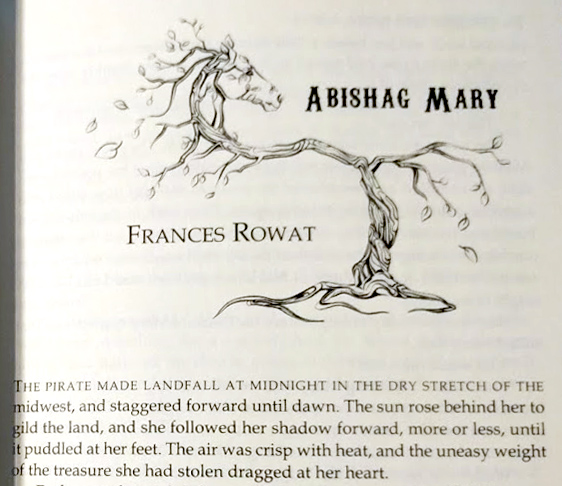I’ve realized there’s a specific kind of world-building I’m interested in, and I’d love examples of it, if anyone has them: the kind in which the reader learns a truth about the world that is not apparent to the narrator/protagonist/viewpoint character(s).
Examples, off the top of my head
- “Petey” – TED Klein – probably the most full-fledged example of the lot, for reasons described below. None of the people attending the house-warming party know what’s going on. The attendant taking care of the former house owner doesn’t know what’s going on. None of them ever realizes during the text. But the reader understands.
- “The Events at Poroth Farm” – TED Klein (I sense a theme)
- “Fat Face” – Michael Shea
- “The Essayist in the Wilderness” – William Browning Spencer – the narrator assumes he’s observing the behaviour of crayfish. Those are not crayfish.
- The Steerswoman series – Rosemary Kirstein
(The latter four are probably easier to pull off, in that the protagonists discover the facts they are ignorant of before the end of the story, but at a point where the reader already knows. “Petey”, on the other hand, does not do this and remains a story that in this regard is so beautifully executed I am in awe every time I read it. This makes it really difficult to dissect and analyze.)
It’s interesting that, with the Steerswoman exception, these are all relatively short works; two short stories, and two novellas. I imagine this might be the kind of thing that’s fairly hard to do without the reader growing exasperated that the characters haven’t figured it out.
Important Clarifications
Multiple viewpoint stories don’t inherently count. For example, in The Diamond Age, the reader knows more about the world than Nell and Hackworth and Judge Fang know individually, but what they know are factual details which are plausible within the presumed reality of the setting. The reader does not come away knowing that the world is reset-to-new-default-every-night-at-midnight in the manner of Dark City; that kind of thing would be a greater and occulted truth about the nature of the world, and not a default assumption within a future-set nanotech-driven earth. What I’m looking for is not merely a case of factual details being revealed, but of larger and different truths about the nature of the world being revealed.
The truth of the fictional narrative is not the default reality presented in the narrative. “Fat Face”, for example, presents a modern street-level existence; shoggoths are not assumed to be part of that default reality. The Steerswoman series presents a quasi-medieval-fantasy world which contains magic and which is just beginning to develop technology; the actual truth of the world contains things which are not assumed to be part of that default reality. But in reading each story, the reader learns a thing that they would not assume to be true based on the premise of the world.
Stories in which the narrator perceives A Secret don’t count. For example, say they’re running around seeing ordinary people as demonic creatures/animal-headed being which reflect their true nature/aliens only spottable with special sunglasses. If the narrator is right, then the reader doesn’t learn more about the world than the narrator. If the narrator is wrong, then the reader learns that the narrator is unreliable, and nothing special is revealed about the world.
(Technically you might be dealing with an unreliable narrator, but in a way which can also be reasonably described as them being an ignorant narrator.)
Finally, I’m looking for text only. This means that things like the I Am Legend movie do not count. It is a wonderful example of how what the viewer can see is really going on (as displayed on film) does not match what the protagonist asserts is going on, but I really want to see how this is made to work in text.
With all that said…
Suggestions? I’d love to read more of these.



 And the art is beautiful. I can’t take a good picture of any of the full-page pieces (and I suspect that might not be cool, in any case), but look at my extremely clumsy picture of that beautiful story header. Look. <3
And the art is beautiful. I can’t take a good picture of any of the full-page pieces (and I suspect that might not be cool, in any case), but look at my extremely clumsy picture of that beautiful story header. Look. <3